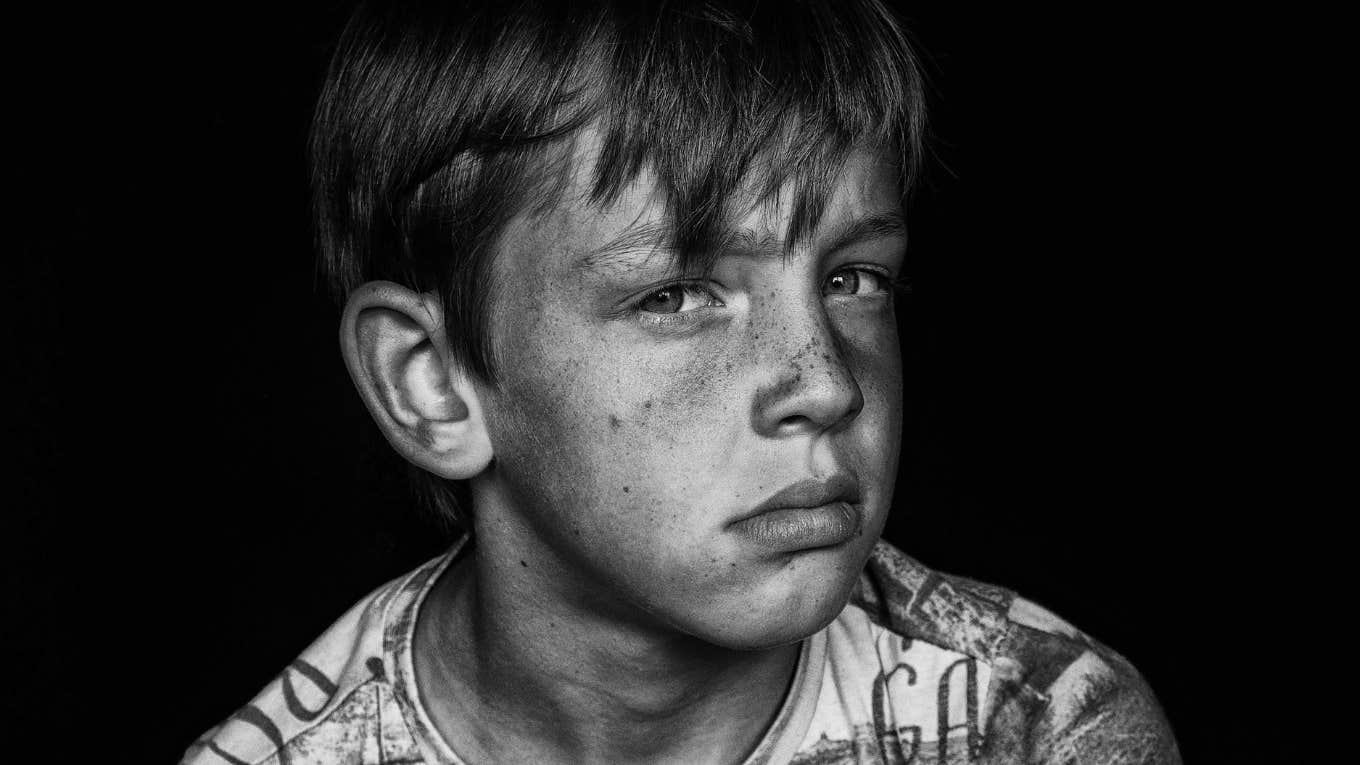4 Quiet Signs Of Childhood Neglect That Show Up In Adulthood, According To Experts
These patterns can quietly trace back to emotional neglect in childhood.
 OfotoRay | Canva
OfotoRay | Canva The long-term effects of childhood emotional neglect (C.E.N.) can impact a person's ability to form and maintain emotional bonds. Being able to heal often starts with recognizing the source of the problem.
Studies suggest that childhood neglect can be associated with higher levels of anxious attachment style in adulthood, meaning individuals may experience anxiety about relationships and fear abandonment. Identifying the signs we might have developed emotional blocks from an adverse childhood can allow us to unravel how to heal and adapt to a higher quality and healthier life.
Here are four quiet signs of childhood neglect that show up in adulthood, according to experts:
1. You have developed an insecure attachment style
One indicator you suffered from childhood emotional neglect is an insecure attachment style where you either avoid or turn away from a partner at emotional times, or you are excessively needy and clingy. Childhood emotional neglect is evident in an adult personality that falls outside the range of normal and fits in the category of personality disorder. If neglected as a child, you may be more fearful, untrusting, and overreacting.
— Reta Faye Walker, Ph.D., Relationship Therapist
2. You need hyper-independence
 Viktor Gladkov / Shutterstock
Viktor Gladkov / Shutterstock
Often, when we suffer from emotional neglect in childhood, we learn to depend solely on ourselves and have a lack of trust when it comes to depending on others.
— Miki Anderson, PhD, LCMHC
3. You have difficulties with boundaries and trust
A good indicator is when you have attachment issues in adult relationships. Some classic trademarks of early emotional neglect in adults include poor relationship boundaries, significant trust issues that harm relationships, and fear of abandonment that resists or blocks emotional attachment to partners.
— Dr. Gloria Brame, Ph.D. therapist
4. You are emotionally unavailable
 Nicoleta Ionescu / Shutterstock
Nicoleta Ionescu / Shutterstock
Some common signs someone has suffered through some form of emotional neglect are a lack of self-worth or self-confidence, seeking emotional support or love from emotionally unavailable people, be that friendships or romantic partnerships.
Feeling you are not enough pushes you to hide and not value yourself or your inherent gifts and talents. Overgiving and people-pleasing to try to “win over” the love and appreciation of others. Being emotionally unavailable and closed off from having fulfilling relationships in your own life.
— Michele Molitor, CPCC, PCC, CHt Your Mind Detective Master Coach & Hypnotherapist
People who struggle with the effects of childhood emotional neglect also have many strengths that often correlate with the stumbling blocks above. Independence is not terrible since it gives us problem-solving abilities that we carry through life.
Other positive attributes include extra compassion for others, being aware of others' needs, and a higher degree of flexibility, which combine to make some of the most likable people you will ever meet. If you recognize these signs in yourself or those you love, know you are not alone, and it is okay to ask for and accept help.

